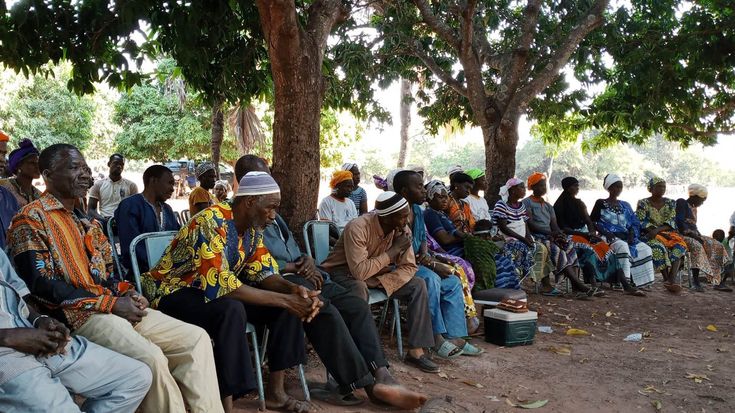Cost, Quality and Speed
Offices : Ghana | Nigeria | South Africa | Kenya | Gabon | Chad | Cameroon

There was a time when market research meant long days in the field notebooks in hand, pens tucked behind ears, and the sound of pages flipping in the wind. Interviews happened face-to-face, and every response had to be written down carefully, hoping the ink didn’t smudge under the sun.
Those early days of research in Africa were filled with dedication, grit, and human connection. Researchers built trust the hard way one question, one handshake, and one home visit at a time.
But times have changed. And so has the way we collect, process, and understand data.
Before technology reshaped research, insights came from pure manual effort. Field officers traveled across cities and villages carrying clipboards, questionnaires, and bags full of paper surveys. Every completed form was a story about markets, behaviors, and communities.
Data entry was a marathon. Teams sat in offices for days, sorting stacks of responses and typing them one by one into spreadsheets. Accuracy depended on human eyes and careful hands. And yet, despite the challenges, the foundation for Africa’s research industry was built on those very handwritten pages.
As technology began to touch every part of life, market research followed. What used to take weeks could now be done in days or even hours. Digital data collection tools, CATI (Computer-Assisted Telephone Interviewing), CAPI (Computer-Assisted Personal Interviewing), and online surveys transformed how information flowed.
Suddenly, insights were no longer delayed. Analysts could see real-time responses, track progress live, and make adjustments instantly. This shift didn’t just improve efficiency it made research smarter, faster, and more inclusive.
Modern market research in Africa is now powered by technology, but the human essence remains. Behind every system, there’s still a researcher listening, interpreting, and connecting data to real human experiences.
At Fieldwork Africa, we’ve seen how the evolution from handwritten notes to digital dashboards has opened new doors allowing researchers to reach remote communities, ensure data accuracy, and provide actionable insights that drive real change.
And yet, as advanced as systems become, one thing remains timeless: understanding people. Because the best technology still needs empathy to make sense of human behavior.
Today’s research isn’t about replacing the old; it’s about building on it. The integrity, curiosity, and storytelling spirit that once guided fieldwork still form the heart of modern systems. We may have traded pens for tablets and paper surveys for online forms, but our purpose remains unchanged to listen, learn, and lead with data.
So, as we look back on the journey of market research in Africa, we celebrate how far we’ve come and the generations of researchers who laid the groundwork for today’s systems. The future is digital, yes, but it’s powered by the same passion that started it all: the quest to understand people better.